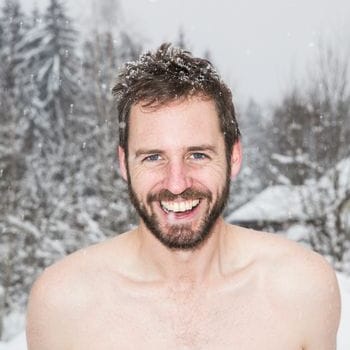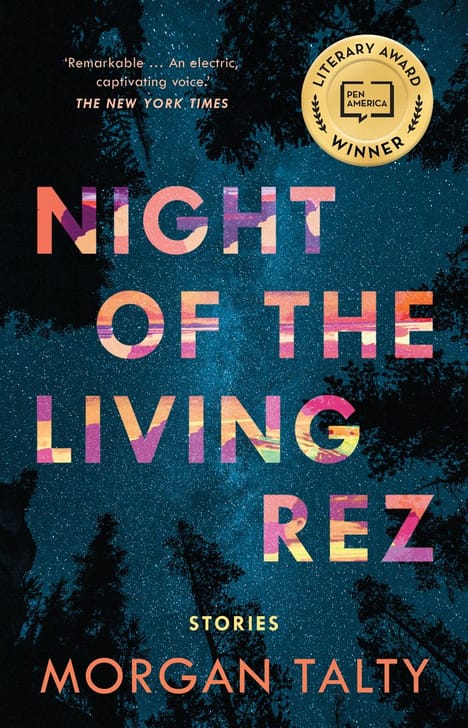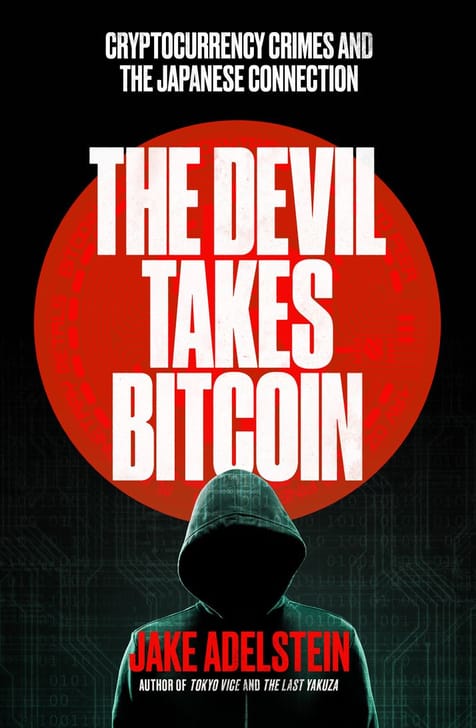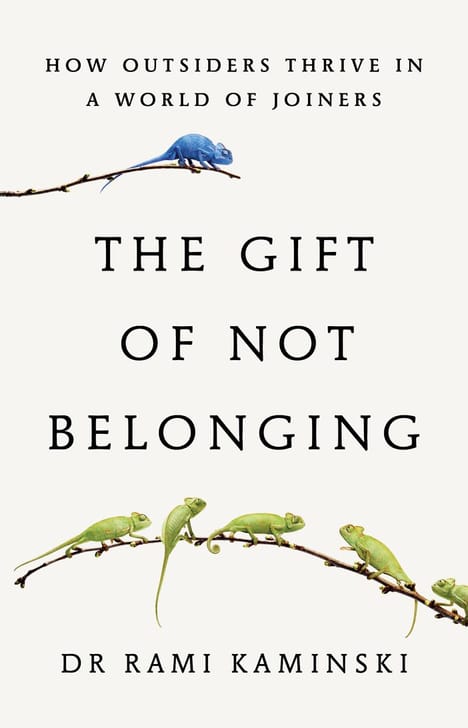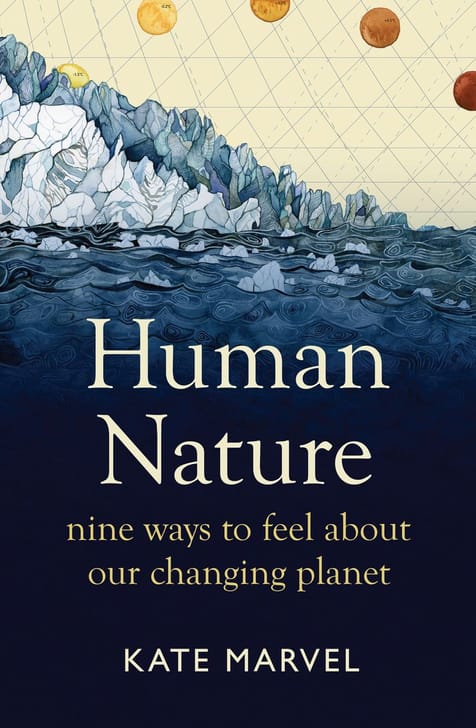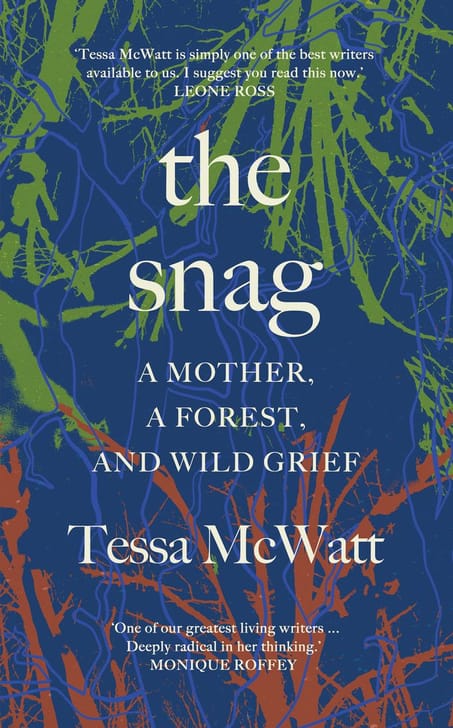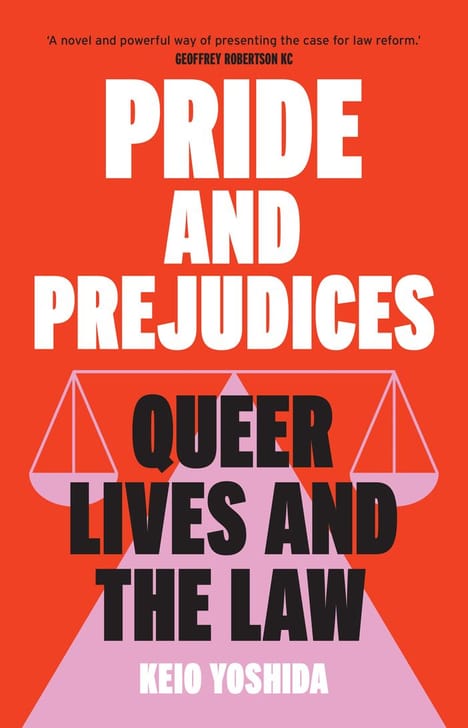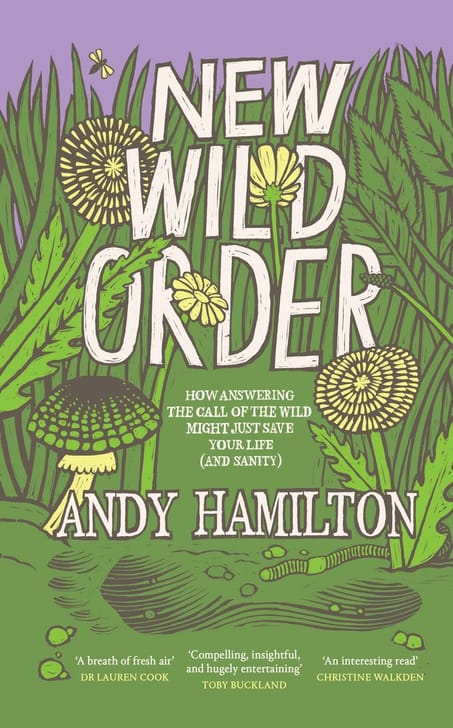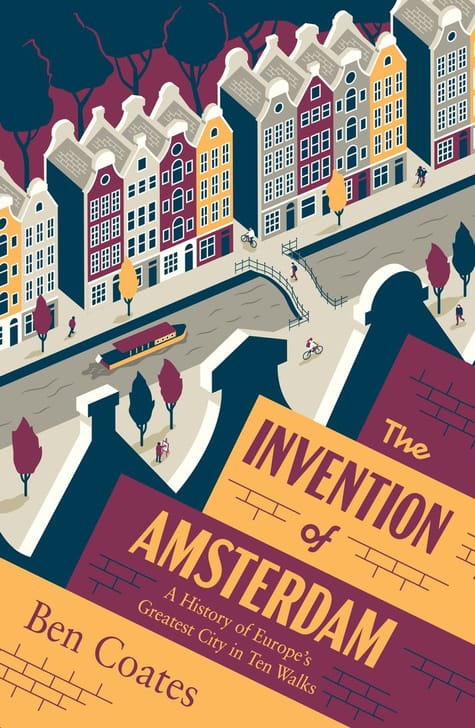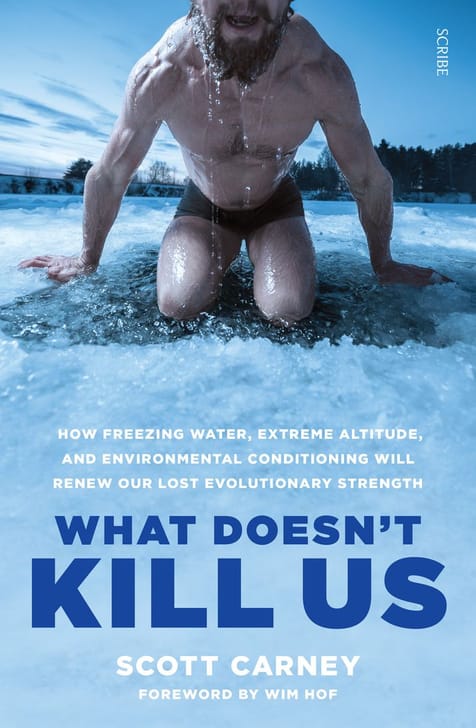
What Doesn't Kill Us:
how freezing water, extreme altitude, and environmental conditioning will renew our lost evolutionary strength
Buy ebook
What Doesn't Kill Us:
how freezing water, extreme altitude, and environmental conditioning will renew our lost evolutionary strength
Overview
What are our bodies really capable of?
We like to sit in air-conditioned comfort, yet each year millions of ordinary people train in CrossFit boxes, compete in Tough Mudders, and challenge themselves in Spartan races. They are connecting with their environment and, whether they realise it or not, unlocking their hidden evolutionary potential.
No one exemplifies this better than Wim Hof, whose remarkable ability to control his body temperature in extreme cold has sparked a whirlwind of scientific study. Through him, we are just beginning to understand how cold adaptation might combat autoimmune diseases and chronic pain — and possibly even reverse the development of one of our greatest killers: diabetes.
Award-winning journalist Scott Carney investigates the astonishing and sometimes dangerous world of body transformation. He reveals techniques you can try at home, but his own journey culminates in a record-bending, 28-hour climb to the snowy peak of Mt Kilimanjaro — wearing nothing but a pair of shorts and running shoes.
Details
- Format
- Size
- Extent
- ISBN
- RRP
- Pub date
- Paperback
- 234mm x 153mm
- 272 pages
- 9781925321999
- AUD$32.99
- 30 January 2017
Praise
‘Scott Carney is so curious about getting to the truth of things that he is willing to endure great pain and suffering to get there. While investigating the controversial methods of Wim Hof and others operating on the scientific fringe, Carney entered a skeptic yet emerged a true believer. In What Doesn't Kill Us, readers get to follow him along on his transformational journey, and the insights are truly fascinating. Informative, fun, and with a healthy degree of danger, this is a book for the adventurer in all of us.’
‘The further we get from the harsh environmental conditions that once threatened our existence, the more we need them. I see this every weekend at a Spartan Race somewhere in the world. Millions of otherwise sane people line up to suffer and push themselves to their physical limits, and it feels good. What Doesn't Kill Us is a fascinating investigation into the innate urge that drives people like these, and reveals how some have managed to use environmental conditioning to accomplish truly extraordinary things.’
